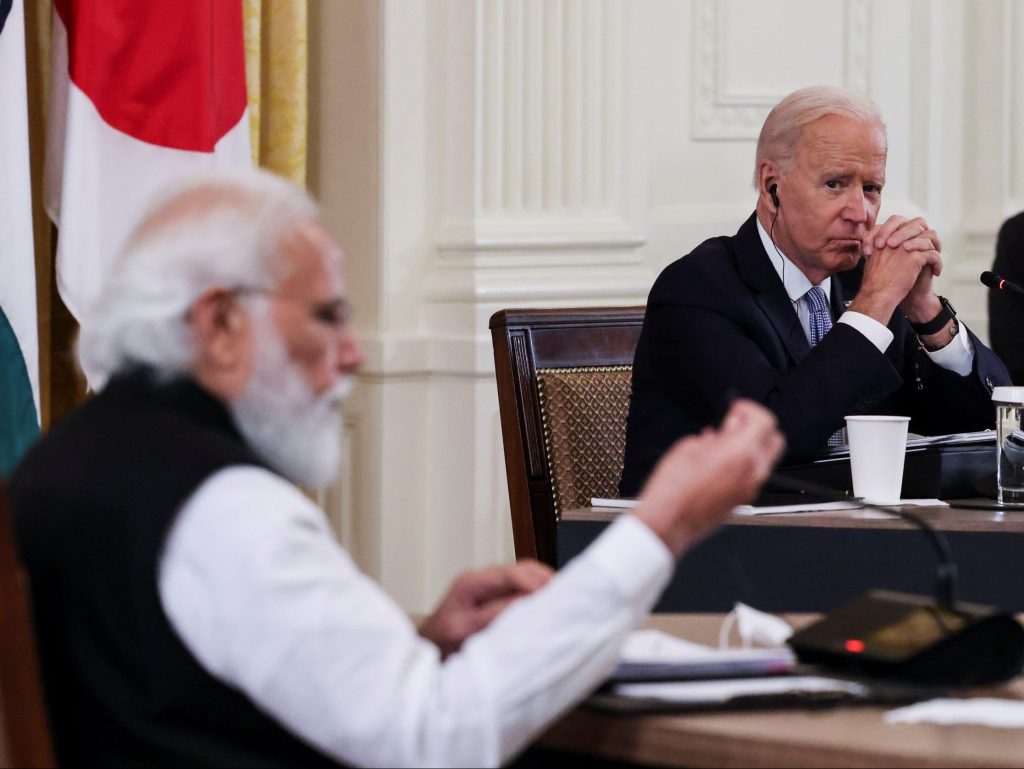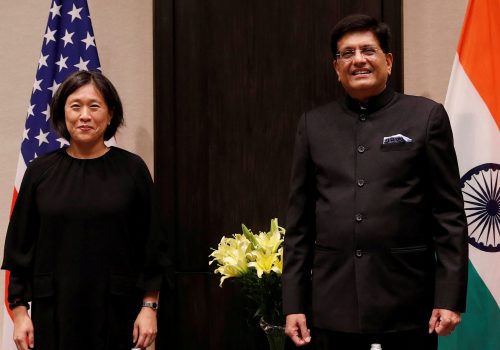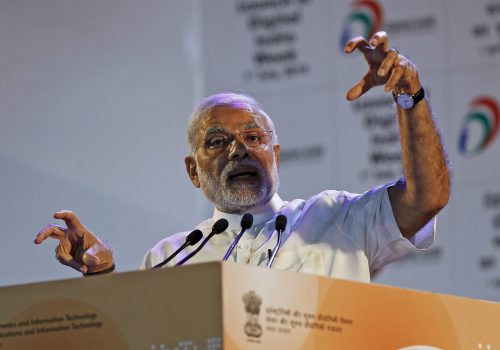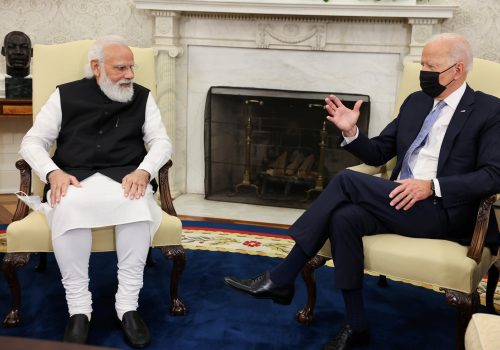As the Joe Biden administration and the Narendra Modi government re-convene the US-India Trade Policy Forum (TPF) after a four-year hiatus, one digital issue set remains central to challenges and opportunities in US-India trade: cross-border data flows and data policy. These issues received some attention under the Donald Trump administration, but the combination of a new US administration, key developments in Indian cross-border data flow and data policies, and rising global calls for data privacy and data localization rules make this a unique and important moment for the two powers. With leading technology sectors, strong political influence, and some of the largest economies on the planet, the United States and India have real opportunities to identify common ground on data policy and work to maximize the mutual benefits therein. Yet, key political and ideological differences—particularly around data localization and ideas of data sovereignty—will challenge the United States and India to focus on areas of cooperation with potential for tangible, near-term achievements, rather than attempting to address every data issue at once.
This issue brief details opportunities for cooperation and sources of contestation in US-India data policy. It then recommends that the United States and Indian governments convene bilateral dialogues focused narrowly on achieving tangible, near-term objectives on data policy. These bilateral dialogues should focus initially on three key areas, including:
- law enforcement access to data;
- definitions of and exceptions to data processing and localization requirements; and
- cybersecurity of data.

The South Asia Center is the hub for the Atlantic Council’s analysis of the political, social, geographical, and cultural diversity of the region. At the intersection of South Asia and its geopolitics, SAC cultivates dialogue to shape policy and forge ties between the region and the global community.
Related content
Image: US President Joe Biden listens to Indian Prime Minister Narendra Modi during the Quad summit at the White House on September 24, 2021. Photo by Evelyn Hockstein/Reuters.



